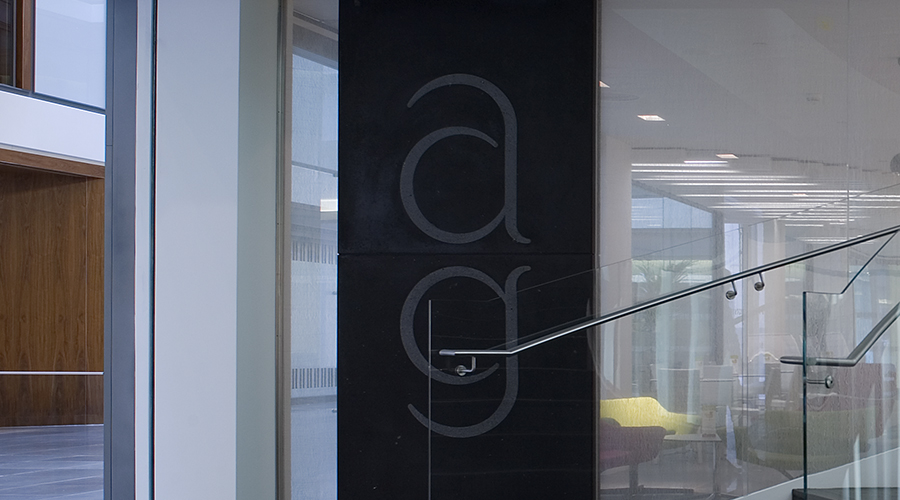The Government has issued a statement which aims to reassure EU nationals living and working in the UK (and also UK citizens living in other EU member states) that there has been no immediate change to their immigration status following the recent EU referendum. The statement underlines that no such change can take place until Article 50 has been triggered and the resulting negotiations concluded. This is because, until such time as the UK formally leaves the EU, the UK remains a member and is bound by its obligations to ensure the free movement of people in the usual way.
Background law
Immigration in the UK is largely governed by the Immigration Rules (Rules) and their accompanying operational guidance notes, codes of practice and explanatory leaflets. These Rules work in conjunction with a number of domestic immigration laws and EU Treaties and legislation, including, principally, the Free Movement of Persons Directive 2004/38 EC (also known as the Citizen's Directive). The Citizen's Directive sets out the right of EEA nationals and their family members to move, reside and work freely within the territory of the EEA Member States.
Current position for EEA migrants
There are currently around 2.2 million EEA migrants working in the UK. The Government has stressed that the rights and limitations on the free movement of EU citizens set out in the Citizens Directive will remain in place until at least the conclusion of the Article 50 negotiations.
In summary, these rights and obligations are as follows:
- EEA nationals continue to have a right to reside in the UK in accordance with EU law. EEA nationals do not need to register for any documentation in order to enjoy their free movement rights and responsibilities, although a migrant may opt to apply for a registration certificate. As part of these rights EEA nationals and their family members can move to the UK for an initial period of 3 months without any conditions other than having a passport or identity card. Further EEA citizens and their family members can stay subject to further conditions, for example, if they are a worker, self-employed or have sufficient resources to maintain themselves.
- EEA nationals and their family members who have lived continuously and lawfully in the UK for at least 5 years automatically have a permanent right to reside in the UK.
- Non-EEA family members of EEA nationals must continue to apply for a family permit if they wish to enter the UK under EU law, and they do not have a residence card issued by a member state.
- Non-EEA family members may also wish to apply for residence card to prove their immigration status in the UK, although (unless they are an extended family member) they are under no obligation to do so.
Comment
It remains to be seen whether, in a post-Brexit UK, EEA migrants (and their families) who are already living and working in the UK will retain a right to remain in the UK. In a recent interview with the Mail on Sunday, the new Minister for Brexit, David Davis MP, said that he wanted to secure a "generous settlement" for EU migrants already living in the UK (and also for Britains living in Europe).
However, there remains uncertainty over the status of new EEA migrants intending to enter and reside in the UK before Britain formally exits the EU. In the Mail on Sunday interview, Mr Davis indicated that EU migrants who travel to Britian after a specified cut-off date may be repatriated in order to avoid a surge in immigration ahead of Britain's exit.
The position as to free movement of persons following Britain's formal exit from the EU remains to be seen. Naturally, this will form a key part of the forthcoming negotiations between Britain and Europe. However, it is worth noting that in February 2016, in a lecture to the Institute of Chartered Engineers, Mr Davis set out his vision of Britain's future relationship with the EU in the event of Brexit. In that lecture, he appeared to favour a Swiss-style model, commenting that: "The optimum aim for us would be similar [to the Swiss model], but without the free movement of peoples. That would not be on the table. Essentially we would be looking for a full scale free trade agreement". You can read the full text of Mr Davis' speech here.
For more information on the potential options for the UK's immigration model after Brexit and how employers can best prepare, you can read our recent briefing here.
Government statement on the status of EU nationals in the UK



